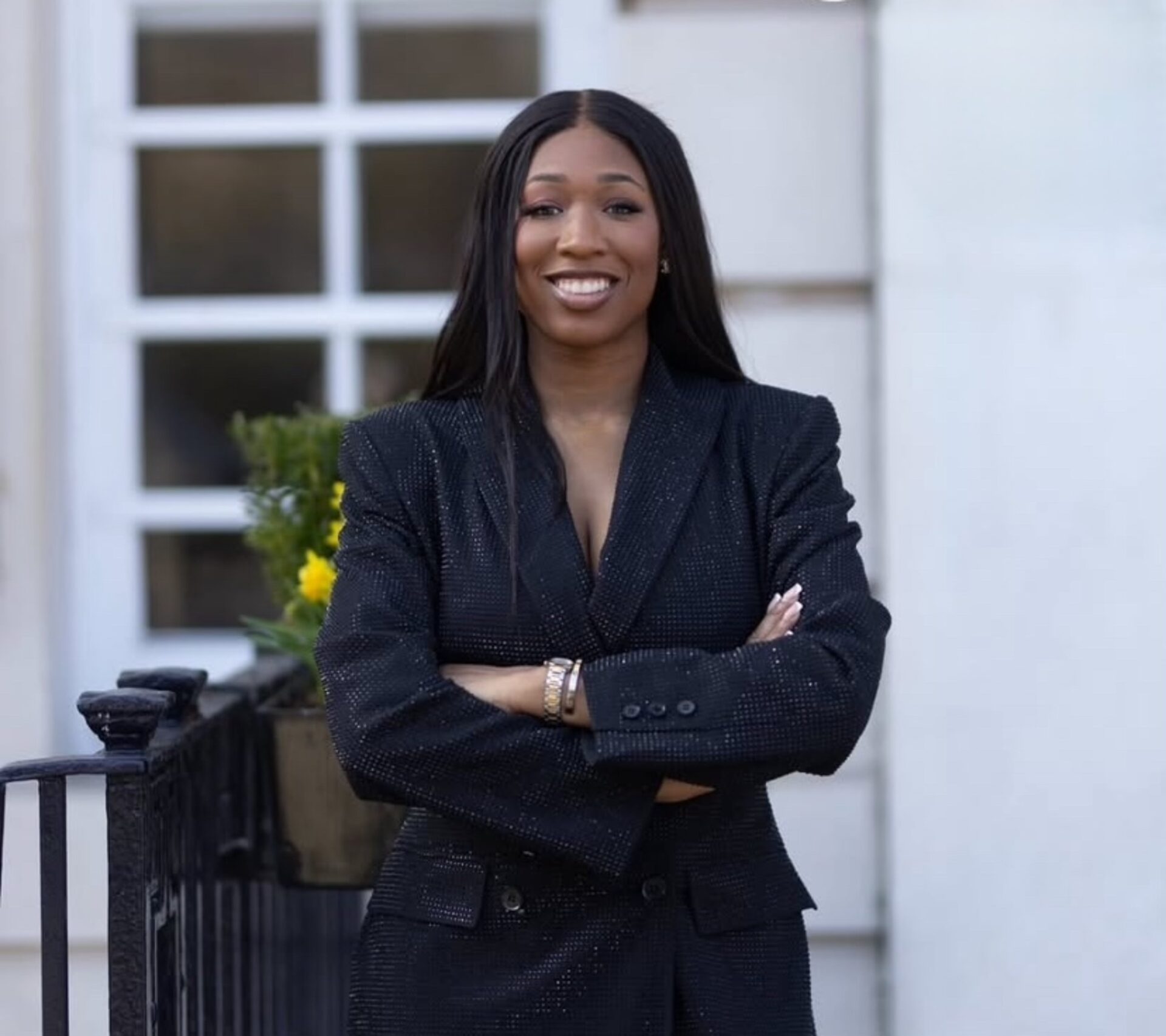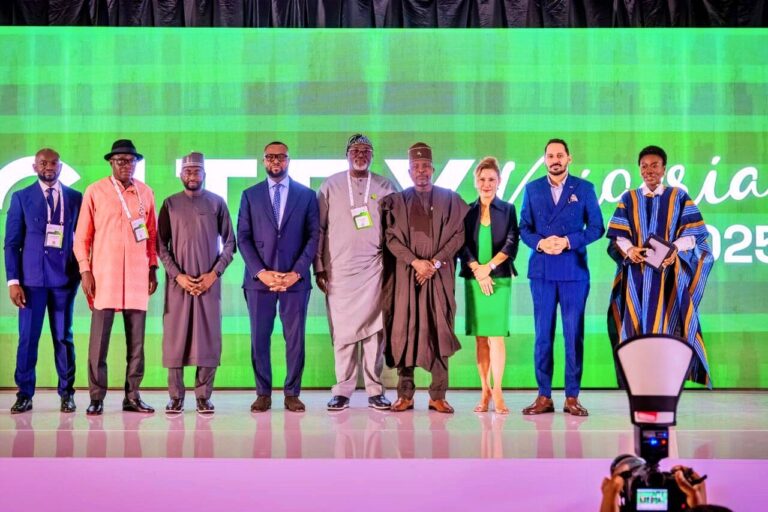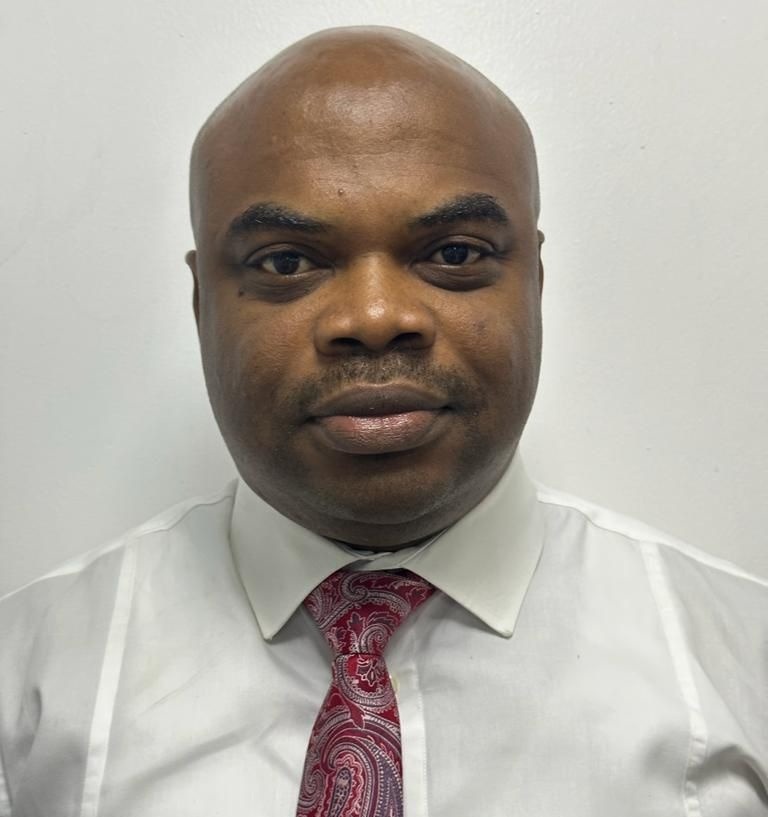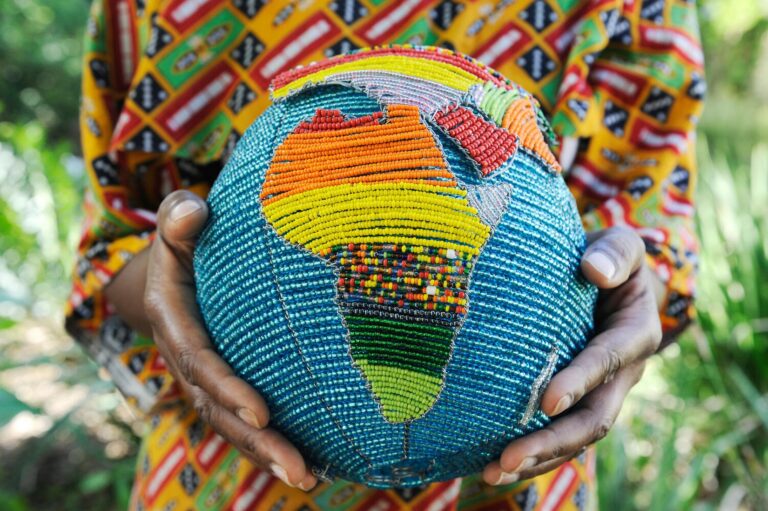Zusi Inegbeniki: The AI Visionary Bridging Finance, Technology, and Africa’s Innovation Future

When you meet Zusi Inegbeniki, you immediately sense the blend of calm confidence and quiet brilliance that defines true innovators. As the Founder of FoundexAI, she’s at the forefront of Africa’s growing AI movement, shaping conversations on how technology, ethics, and innovation can work together for real impact.
From Wall Street to global stages, including the White House, TED, and BBC, Zusi has built a career that bridges finance, technology, and purpose. Today, she’s helping young Africans and global institutions alike rethink what responsible innovation means in the AI era.
In this exclusive conversation with Techtrends Africa, Zusi shares her personal journey, lessons from her global experience, and her vision for Africa’s place in the future of artificial intelligence.
Who is Zusi Inegbeniki beyond the titles and achievements?
At my core, I am a fearless advocate for the underdog across all marginalised identities. I am a helper, a connector, and above all, a lover of people. I’ve always believed that power means little if it isn’t used to create space for others.
What drives me is seeing those who are often underestimated, under capitalised or overlooked rise, thrive, and lead. I believe everyone deserves to be seen and heard; and legacy because my impact should outlive me. Titles are temporary. What endures is how deeply and fearlessly you show up for others.
I’m someone who deeply loves people, laughter, and the small, beautiful things that make life full. I adore pets and kids; their energy and innocence always remind me of what’s pure in the world. I love long walks that let my thoughts wander, and poetry that gives language to feelings too deep to explain. I’m a lover of enjoyment, of good Afrobeats music, beautiful galleries, spontaneous moments, and the kind of joy that comes from the arts.
You started your career on Wall Street, what inspired the transition from finance to AI and entrepreneurship?
Wall Street gave me discipline, speed, and a front-row seat to how capital shapes the world. But over time, I realised I didn’t just want to analyse impact, I wanted to create it.
The turning point came when I saw how technology, especially AI, was redefining entire industries. I thought, if these tools can transform global markets, why can’t they transform access, opportunity, and infrastructure in places like Nigeria? That realisation was a spark. So, I made the leap from analyzing deals to building solutions. It wasn’t just a career shift; it was a values shift from efficiency to impact at scale.
You’ve worn many hats. How have you managed these transitions while staying true to your purpose?
For me, the constant is impact through capital. Whether on Wall Street, building fintech, or founding in AI, I’ve always asked: How can capital be directed to the people and ideas that change lives? The roles shifted, but the mission didn’t. I use every platform banking, operations, investing to move resources toward builders, reduce friction for founders, and create structures where capital actually meets impact.
How has your global exposure shaped your outlook on innovation and business in Africa?
Living and working across Nigeria, the UK, and the US gave me the gift of perspective. I’ve seen how innovation ecosystems are built, how capital flows, how regulation can accelerate or stifle growth, and how talent can be unlocked when the right infrastructure is in place.
Africa and Nigeria specifically have the raw materials of innovation: youth, creativity, and urgency. What we need is to bridge that with the right systems not to replicate other models blindly but to adapt global lessons to local realities. One big lesson I’ve carried with me is this: innovation thrives where vision meets structure. Africa has no shortage of vision. Now, we’re building the structures.
What does “responsible AI” mean to you in the African context?
Responsible AI starts with responsible data. Howwe collect, manage, secure, and govern itis important. In Nigeria, that means consent-driven, privacy-safe data practices; transparent standards for storage and access; and representation of our diverse identities,languages, cultures, regions, and lived realities inside the datasets that train our models.
If our data reflects Nigeria as it truly is, our AI will, too. That looks like local data stewardship, bias audits, community oversight, and incentives for researchers and startups to build with Nigeria’s diversity at the center, not at the margins.
How can Africa’s innovation ecosystem become more inclusive for women and underrepresented voices?
Inclusion won’t happen by accident; it must be engineered. That means, funding pipelinesdedicated to women and underrepresented founders, and access to technical training and networksthat have historically been exclusionary. It also means representation in decision-making not just on panels but on cap tables. We need to shift from celebrating “firsts” to building ecosystems where inclusion is the norm, not the headline. I believe the next wave of African innovation will be led by women and youth if we design for it.
What needs to change in the African investment landscape for early-stage founders to scale faster?
Capital allocators must stop painting African countries in red at the top of the risk scale by default. Do the work: conduct thorough, on-the-ground analysis, differentiate markets and sectors, price risk with nuance, and partner with local operators. Combine that with structures that actually unlock capital blended finance, first-loss protections where relevant, local-currency instruments, and standardized data rooms for diligence. When investors replace assumptions with analysis, they find strong fundamentals and founders can scale much faster.
Tell us more about FoundexAI. What inspired you to create it?
FoundexAI was born out of a simple truth: Africa has no shortage of ideas, just a shortage of execution infrastructure. I wanted to build a platform that doesn’t just inspire founders but equipsthem with the accountability, resources. tools, and community they need to scale. FoundexAI helps entrepreneurs turn businesses from visionis into ventures. We’re not just building a product; we’re building an engineto help founders scale.
What does a thriving AI ecosystem in Africa look like by 2030?
By 2030, I envision an Africa where AI is not imported, it’s exported. Where our data centers and research labsare powering global innovation; our startups are solving African problems with African-built technology; policy frameworks ensure innovation is responsible and inclusive; and young talent is trained, funded, and built from the continent outward. I want to see AI integrated into sectors like agriculture, health, education, and finance not as a luxury, but as infrastructure.
What legacy do you want your work to leave behind?
My legacy, I hope, will be this: I made it easier for others to soar. If through my work, thousands of young Africans gain the confidence, the capital, and the community to build world-shifting companies, then I’ve done my job. I want to be remembered not just as a founder or investor, but as a bridge builder who shifted the narrative of African innovation from potential to power. And above all, I want people to remember that I was fearless in advocating for those at the margins, that I used capital as a force for good, and that I believed fiercely in Africa’s capacity to lead.







